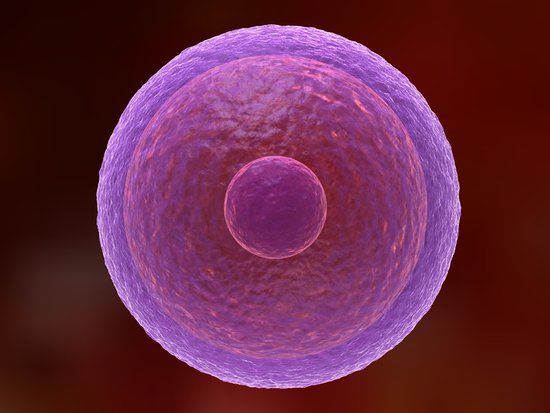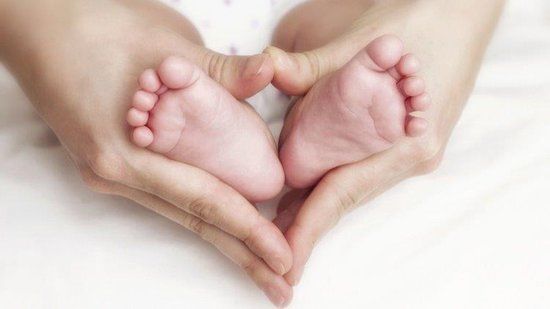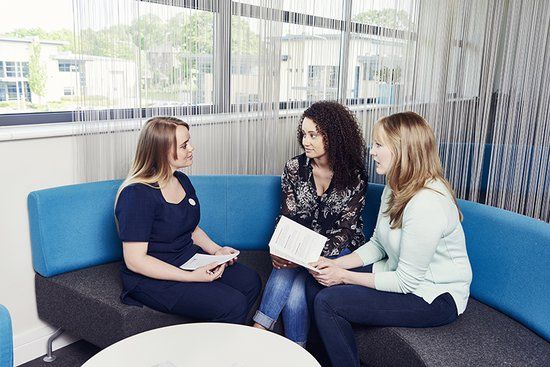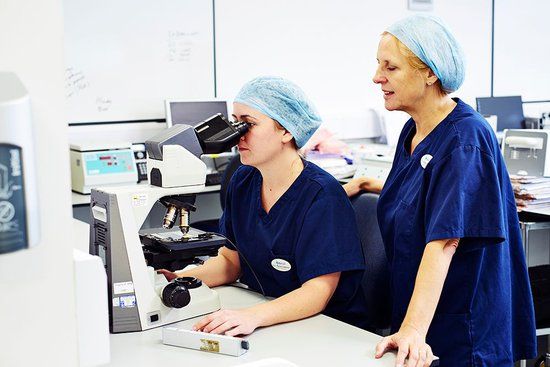Our egg-sharing programme is becoming more and more popular amongst women who need IVF themselves, as it gives women a cycle of IVF at a subsidised rate of £870 (inclusive of all screening and necessary drugs) whilst also helping those women who need to use donor eggs to get pregnant. But how does it work?
Firstly, if you wish to become an egg-sharer, you need to be aged 35 or under. You will also need to undergo medical screening to make sure your eggs are healthy enough to be used. The screening is designed to identify any genetic or hereditary disorders which could be potentially harmful to both the recipient and any baby born from your eggs.
As you are potentially hoping to donate your eggs, you will need to have counselling by our experienced team to discuss the implications of being an egg donor, including the fact that you need to agree to be identifiable to any children born, and how you may feel if the recipient of your eggs goes on to have a baby, yet your own IVF cycle fails.
These are all important things which need to be addressed and talked about so you fully understand the emotional and physical aspects not only of going through IVF yourself, but donating your eggs to other women.
If you’re accepted onto the programme, you then become an official HFEA-registered egg donor. You will be matched with an anonymous recipient and the treatment follows the same process as IVF.
Mature eggs are then collected in theatre by our team of experienced staff. Depending upon the number retrieved, these are then equally shared between you, for use in your own treatment, and the donor programme.
Your share of your eggs are then fertilised by your partner’s sperm, and any which develop into embryos are then transferred back into your uterus to grow as in a natural pregnancy.
Your eggs which are donated to the egg-sharing programme are fertilised with your recipients partners sperm and used in an embryo replacement cycle. Where possible, your physical characteristics are matched to the recipient.
As you are now an egg donor, you are entitled to find out if any babies have been born from your eggs, the year of their birth and their gender. You can also write a brief description of yourself which can be given to those children when they turn 18.
To date, at Manchester Fertility our egg-sharing programme has enjoyed great success, with our latest egg-share baby born in July of this year. So if you wish to take part in the programme and receive subsidised IVF, please get in touch today to find out more. We’d be more than happy to talk you through the process.
Last updated: 20th January 2020






